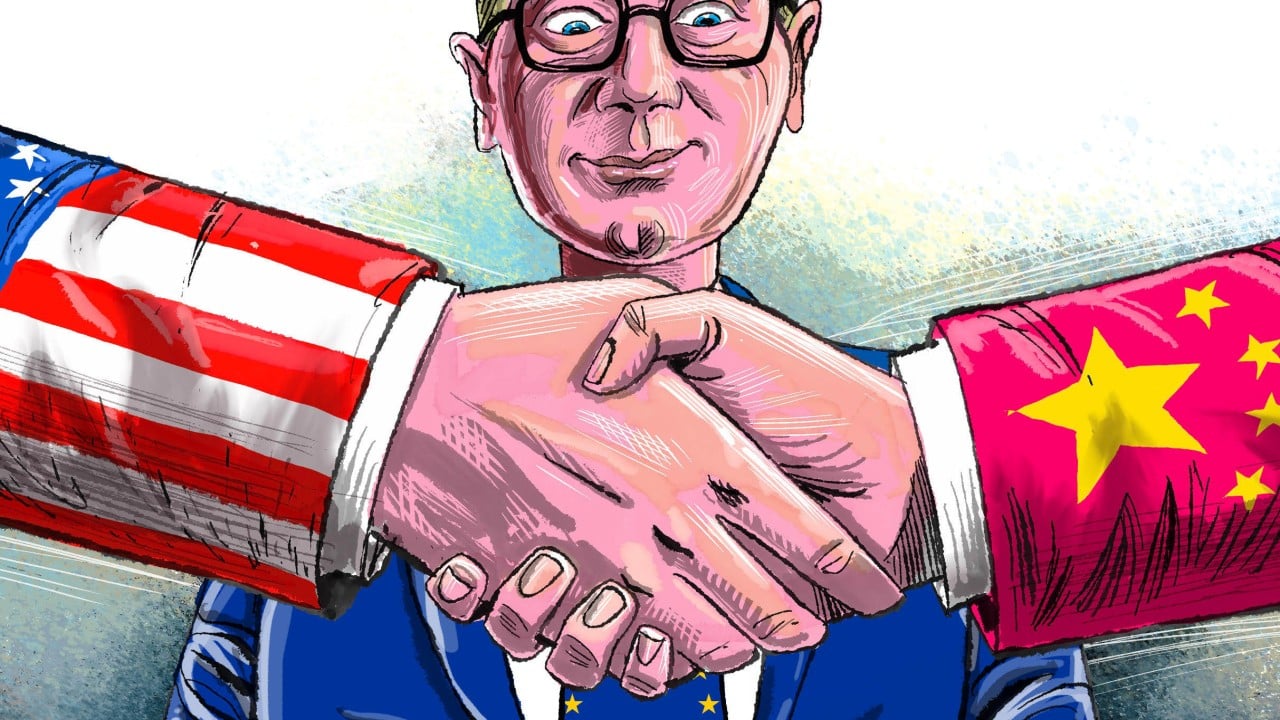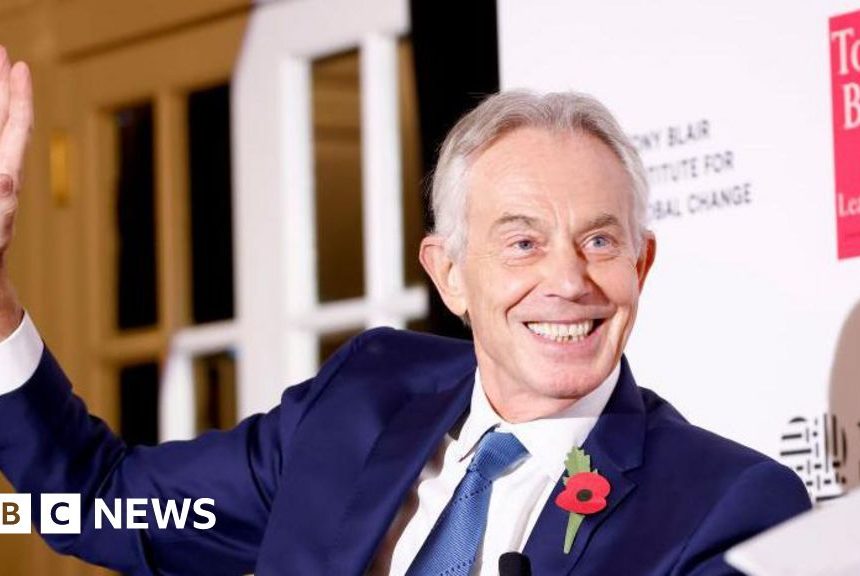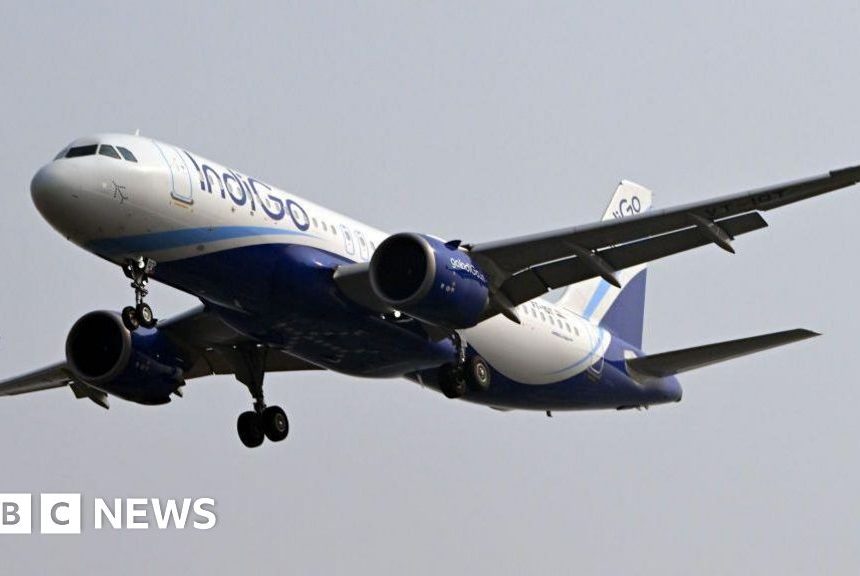In recent months, the European Union has been more Trumpian on China, renouncing part of its free-trade DNA in favour of increasingly protectionist policies. Just like its role model in Washington, the EU has tried to exact geopolitical and economic concessions from Beijing by escalating to de-escalate – a brinkmanship approach that seems to come straight from US President Donald Trump’s playbook in his trade war against China.
But the recent
trade detente reached by Trump and Chinese President Xi Jinping in South Korea is likely to change the European direction. At least for the moment.
Officially, the EU followed a more assertive path in response to what it views as persistent and unfair Chinese trade practices, as well as what it sees as China’s covert support for Russia’s invasion of Ukraine. Of course, this is not the full story – the Trump administration’s pressure on America’s European allies has also played a decisive role.
In the first months of Trump’s second tenure, many
saw a window for China and the EU to deepen their collaboration in the face of the US president’s disruptive tariff policies.
This, however, did not materialise. Beijing’s refusal to make concessions to Europe, such as by tackling
overproduction, eliminating
state subsidies to export-oriented industries and stopping
support for Russia in Ukraine, pushed the EU back into Trump’s arms.
A sort of truce was reached, preventing a trade war between Brussels and Washington – but at the cost of Europeans paying
US tariffs,
spending more on Nato defence as part of the rearmament of the transatlantic security alliance, and
buying more US weapons for Ukraine’s defence against Russia.



